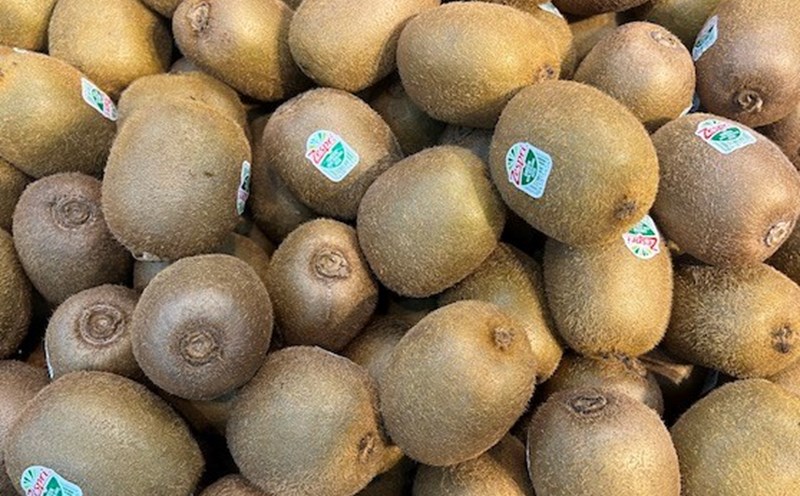Boiled eggs or fried eggs with little oil
Eggs are a source of high-quality protein and rich in monounsaturated fats, with a glycemic index (GI) of almost 0.
When you eat a breakfast of eggs and green vegetables, the blood sugar level after eating is 20-25% lower than a breakfast containing only starch.
Egg yolks also provide choline and vitamin D, which support glucose metabolism and increase insulin sensitivity.
How to prepare:
Boil or steep with a small amount of olive oil, served with cucumber and tomatoes to increase fiber.
Avoid deep-fried or eating too much white rice balls.
Whole grain oats cooked with chia seeds or almonds
Whole grain oats have a low GI (about 55), are rich in beta-glucan, a soluble fiber that helps slow down glucose uptake.
When combined with chia seeds or almonds, breakfast also adds good fats, magnesium and vegetable protein, helping to maintain a feeling of fullness for longer.
How to prepare:
Cook oats with unsweetened almond milk, sprinkle chia seeds or almonds.
You can add berries (bittards, strawberries) rich in antioxidants without causing spikes in blood sugar.
Boiled chicken salad or pan-fried chicken breast with vegetables
A less familiar choice for traditional breakfast but recommended by experts. Chicken (especially chicken breast) contains a lot of lean protein, very few carbohydrates, which does not increase blood sugar.
Combined with leafy greens, cucumbers, tomatoes, mustard greens... will provide more fiber and vitamins.
A lean and fiber-rich breakfast can reduce insulin levels after eating by up to 35% compared to a high-starch breakfast.
Reducing insulin pressure helps the pancreas "rest", limiting the risk of developing to diabetes.
How to prepare:
Boil chicken breast or pan-fried quickly with olive oil, mix with lettuce, sprouts, avocado, sprinkle with apple cider vinegar.
Can be prepared from the previous night to use immediately in the morning, saving time.
Important notes when eating breakfast to keep blood sugar stable
Eat on time: Eat within 1 hour of waking up to stabilize insulin circadian rhythm.
Prioritize fiber, protein and good fats: Helps slow digestion, do not cause sudden increases in blood sugar.
Limit refined starch and sugar: Avoid cakes, canned fruit juices, white sticky rice with a lot of sugar.
Combined with light exercise after eating: Walking 10-15 minutes after breakfast helps the body use glucose more effectively.











